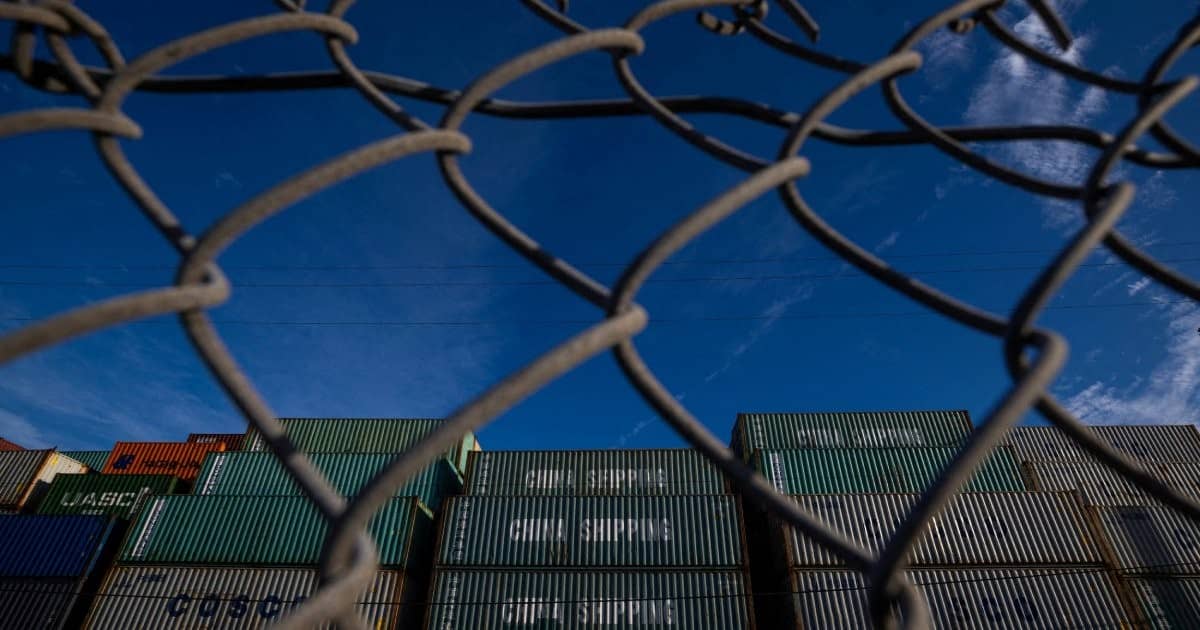The US Court of International Trade is once again at the US Court center of a major legal battle this time involving the controversial tariffs imposed during the Trump administration. Businesses states and trade groups are challenging these policies arguing they were unlawful and harmed the economy. As the case unfolds the decision could reshape how future trade measures are implemented.
This blog dives deep into the lawsuit the arguments from both sides and what it means for American trade policy. We will also explore the role of the US Court of International Trade in resolving such disputes and why this case matters for businesses and consumers. BestPrimeNews
Background of the Trump Tariffs
During his presidency Donald Trump implemented a series of tariffs on imports from China the European Union and other trading partners. The goal was to protect American industries and force better trade deals. However critics argued that these tariffs led to higher prices for consumers and retaliatory measures from other countries.
The legal challenge now before the US Court of International Trade claims that the Trump administration overstepped its authority. The plaintiffs which include major trade associations and several states say the tariffs were imposed without proper justification.
Why the Case Is in the US Court of International Trade
The US Court of International Trade is a federal court that handles cases involving international trade and customs laws. It has the power to review decisions made by government agencies including tariffs. This makes it the ideal venue for challenging the Trump administration’s trade policies.
The court is based in New York but its rulings apply nationwide. Over the years it has ruled on many high-profile trade disputes. Now it is being asked to decide whether the Trump tariffs were legal or an abuse of executive power.
Key Arguments in the Lawsuit
1. Were the Tariffs an Overreach of Presidential Power?
The plaintiffs argue that the Trump administration used a national security justification (Section 232 of the Trade Expansion Act) unfairly. They claim that tariffs on steel and aluminum were not truly about security but rather about economic protectionism.
2. Did the Tariffs Harm Businesses and Consumers?
Many companies say the tariffs increased their costs forcing them to raise prices or cut jobs. Farmers also suffered when China retaliated with its own tariffs on American agricultural products. The lawsuit claims these damages were unnecessary and avoidable.
3. Were Proper Procedures Followed?
Trade laws require specific steps before imposing tariffs including investigations and public comments. The plaintiffs argue that the Trump administration skipped or rushed these steps leading to unfair and illegal tariffs.
What the US Court of International Trade Could Decide
The U.S. Court of International Trade has several options:
- Uphold the Tariffs – If the court finds that the Trump administration acted within its authority the tariffs could remain in place.
- Strike Down the Tariffs – If the court rules against the government businesses could receive refunds on tariffs paid.
- Send the Case Back for Review – The court might order a new investigation to determine if the tariffs were justified.
A ruling against the tariffs could set a precedent limiting how future presidents use trade laws. It could also lead to more lawsuits challenging other tariffs.
The Broader Impact of This Case
The outcome of this case could affect:
- Future Trade Policies – Presidents may think twice before imposing aggressive tariffs.
- Business Confidence – Companies want predictable trade rules rather than sudden tariffs.
- International Relations – Other countries are watching to see if U.S. trade laws are enforced fairly.
The US Court of International Trade plays a crucial role in balancing government power with fair trade practices. Its decision will have long-lasting effects.
Conclusion
The lawsuit against Trump’s tariffs is a major test for the US Court of International Trade. If the court rules that the tariffs were illegal it could change how trade policies are made in the future. Businesses consumers and lawmakers are all watching closely.
As the case progresses we will keep you updated on the latest developments. One thing is clear the US Court of International Trade is once again proving to be a key player in shaping American trade law. BestPrimeNews



